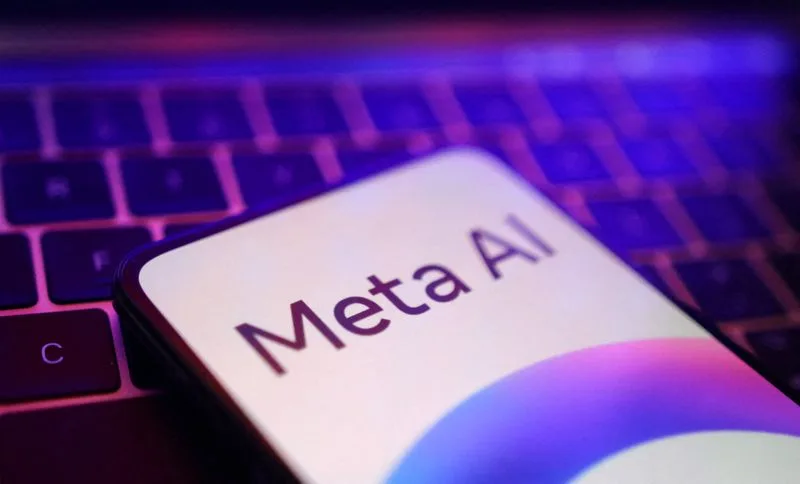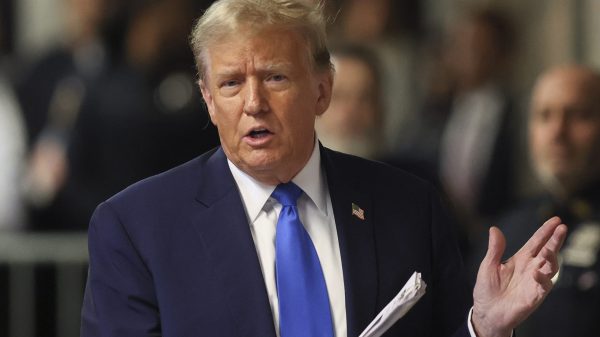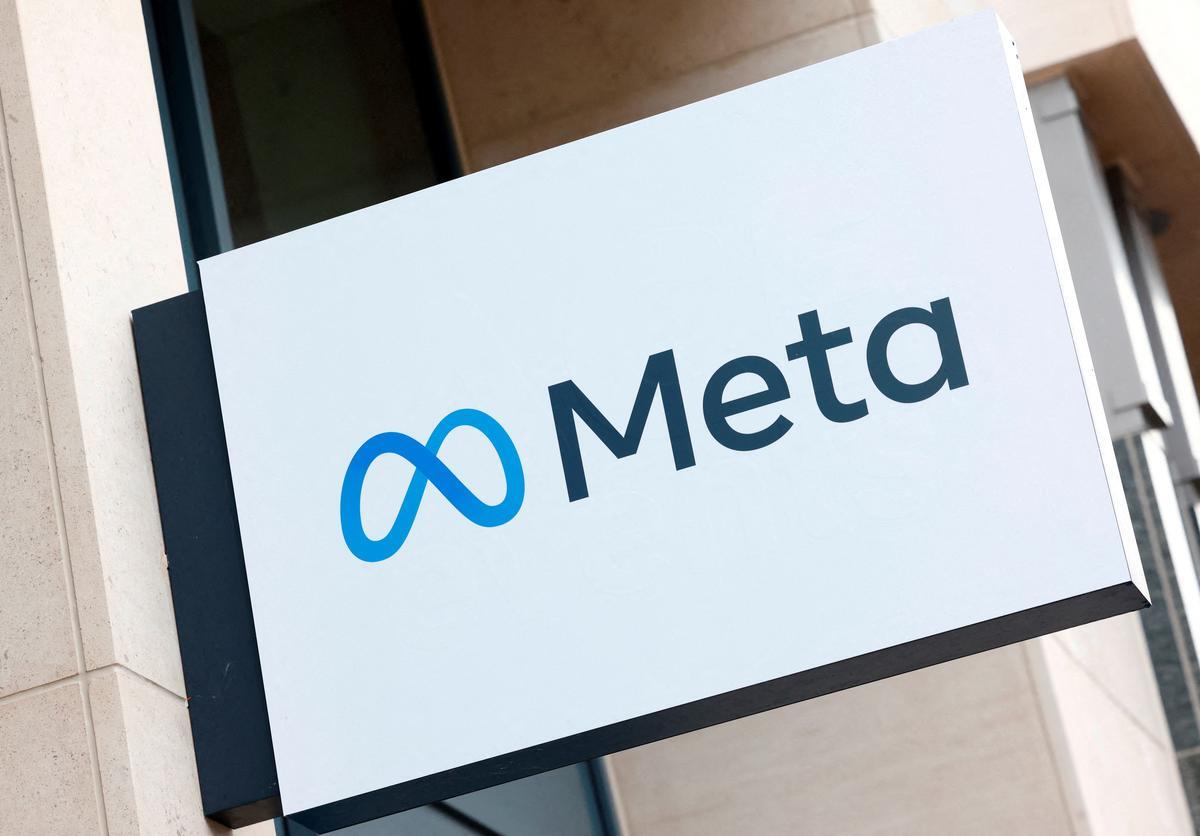Brazil’s National Data Protection Agency (ANPD) has taken decisive action against Meta, suspending its new privacy policy that permits the use of user content for training AI models. This move follows concerns over potential harm to the fundamental rights of users. ANPD has given Meta a tight deadline of 5 working days to revise its policy, threatening daily fines if changes aren’t made promptly.
In Europe, a similar scenario unfolded earlier when Meta faced opposition to its AI training plans, leading to a suspension after objections were raised by NOYB. Despite Meta’s assertions of compliance with local laws, both in Europe and Brazil, regulatory bodies have expressed serious reservations about the implications for user privacy and rights.
Meta has expressed disappointment over ANPD’s decision, arguing that its policy adjustments are lawful and claiming that Brazil risks stalling innovation and AI development. This sentiment mirrors Meta’s reaction to the European regulatory intervention, highlighting its concerns over market limitations and the potential impacts on user experience.

ANPD Suspends Meta’s New Privacy Policy in Brazil Amidst AI Training Controversy
A critical difference between Europe and Brazil lies in the scope of Meta’s policy impact. In Europe, only adults are affected, whereas in Brazil, the policy extends to minors as well, raising legal and ethical concerns. Pedro Martins of Data Privacy Brasil emphasized these discrepancies, questioning Meta’s motives and the fairness of its approach across different markets.
Moreover, the process for Brazilian users to opt out of Meta’s AI training initiatives is notably more convoluted compared to Europe. This disparity in opt-out procedures underscores broader concerns about equitable treatment of user data and the adequacy of privacy safeguards in different jurisdictions.
ANPD’s scrutiny may prompt Meta to reassess its policy framework in Brazil, potentially necessitating significant revisions to comply with local legal norms and meet user expectations. This regulatory oversight poses a substantial challenge to Meta’s operational approach in Brazil, underscoring the ongoing struggle between technological advancement and regulatory control in the digital privacy landscape.








































